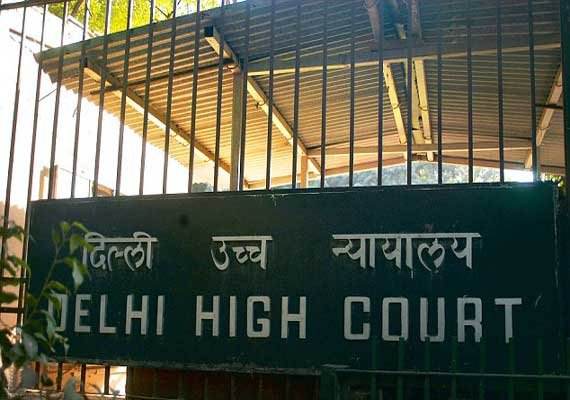Consent of Majority Shareholders Needed For Winding Up Funds After Publication of Notices, Says The Supreme Court of India
By Siddharth Anand
The Supreme Court of India recently delivered the judgment in a batch of special leave petitions. The petitions were filed by Franklin Templeton against a judgment of the Karnataka High Court. In the year 2020, Karnataka High Court restrained Franklin Templeton Investments (FT) from proceeding with the winding up of debt fund schemes, without obtaining the consent of unit investors. A division bench consisting of Chief Justice AS Oka and Justice Ashok S Kinagi pronounced the verdict in petitions challenging the winding up of six debt fund schemes.
The Supreme Court of India has agreed with the views of the Karnataka High Court. The Apex Court said that the requirement for consent of majority of shareholders will be post the publication of notices.
The Court further made it clear that in case trustees wrongfully seek winding up, Securities and Exchange Board of India (SEBI) will have the power to intervene in the same. Since the Supreme Court did not want to prejudice the proceedings, the judgment was withheld for quite some time.
Recently, the Supreme Court of India held that when the trustees decide to wind up a scheme by majority, they are required to seek consent of the majority of the unit holders, present and voting. Further, it was held that the arguments that the unit holders are lay person and not well versed with market conditions was to be rejected. A lot of emphasis was also given to regulations 39 to 42 and 18(15) of the Securities and Exchange Board of India (Mutual Funds) Regulations 1996, which dealt with the issue of winding up as well as rights and obligations of trustees. The Supreme Court held that when a scheme is to be wound up, the trustees are required to issue a public notice in two daily newspapers having an all-India circulation and in a vernacular paper having circulation where the mutual fund is located. The most important verdict has to be the upholding of validity of the regulations. The Court also stated that the regulations draw a right distinction between the creditors and the unit holders, and that there are enough guidance in the regulations itself on the power of the trustees to decide on winding up of the funds.
A bench consisting of Justices S Abdul Nazeer and Sanjiv Khanna gave the verdict. Justice Khanna authored the judgment and informed the Counsels present that the matter will now be taken up in the month of October. If an early hearing would be required, the counsel can file an application for the same.


